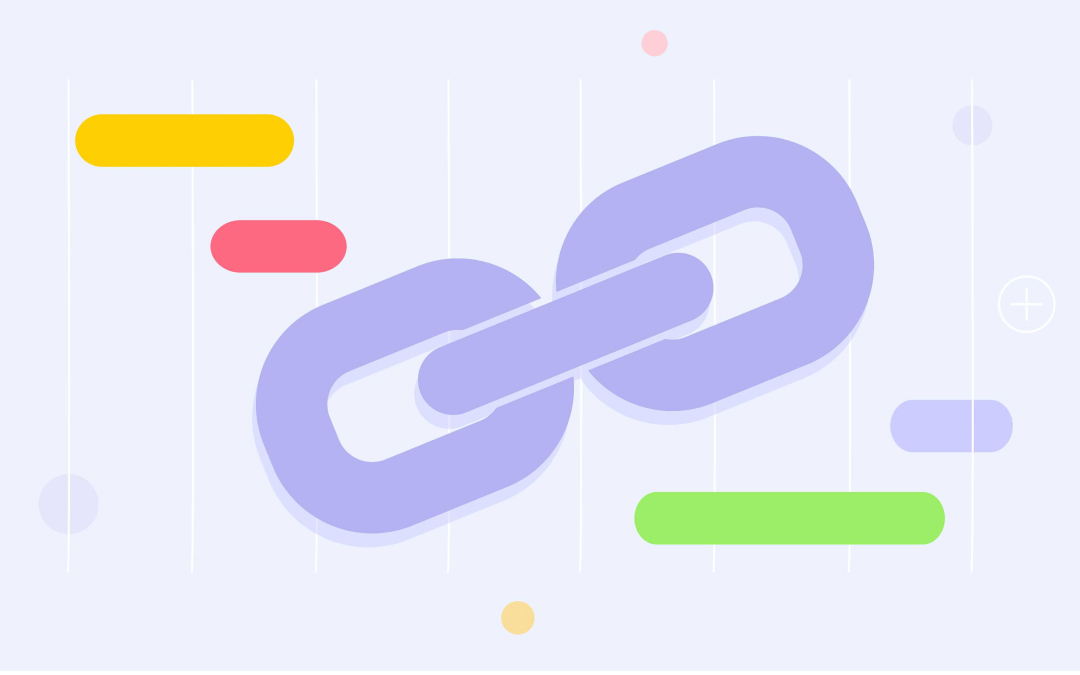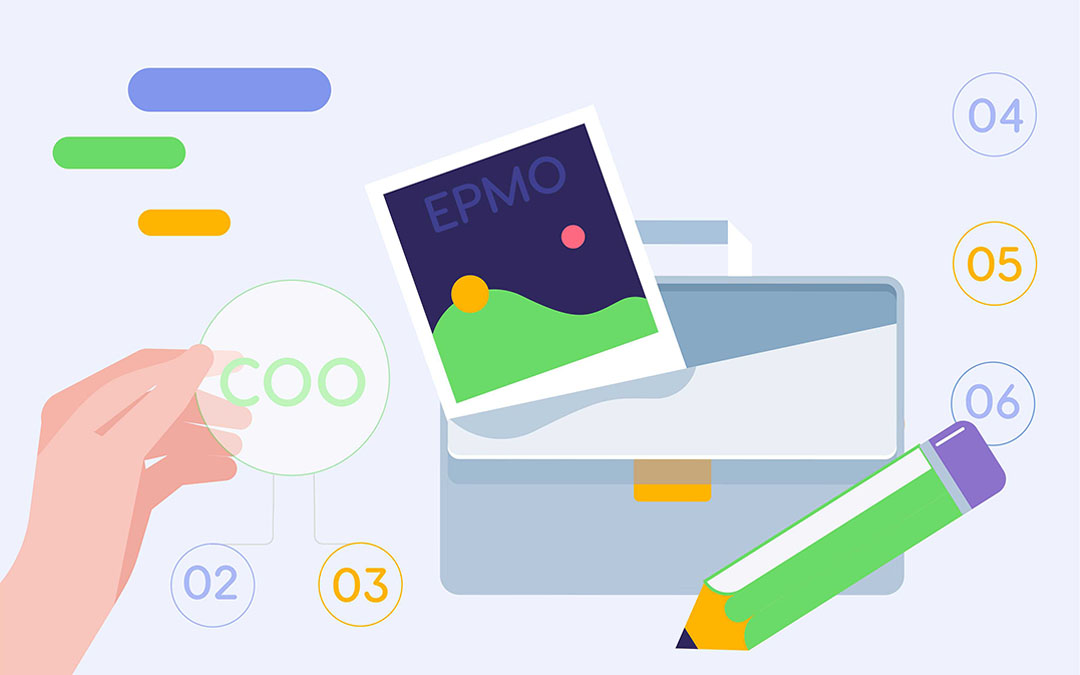Have you been using Jira throughout your company, but now realize that your business needs have changed, and its functions are not enough?
Let’s say, your company has expanded, and now you have to manage your globally distributed resources. Or your projects are accompanied by numerous risks and uncertainties, and you’d like to make your decision-making process more informed.
Although Jira has powerful task management and team collaboration functionality, there are neither resource management features nor prediction capabilities so far. These opportunities are available for Epicflow users, and the good news is that our system integrates with popular project and resource management tools, including Jira. This integration can become a helpful solution, as it will complement the tool you’re using with Epicflow’s advanced functions to fully meet your extended business needs.
Read further to find out how that works.
Jira for Managing Projects
There are several versions of Jira, each of them having its specific functionality. Let’s take a look at their brief overview.
Jira Software
Jira Software is suitable for Agile teams and software development projects. It assists in the efficient organization of tasks, workflows, and reports. Thanks to its flexibility, it’s also used for managing other projects, for example:
- software development teams use JS for every stage of the software development lifecycle: from initial ideation to deploying new features to customers, including all the steps in between;
- DevOps teams use it to automate processes between them, make software releases faster, quickly solve critical issues, and manage unplanned work;
- JS can help with managing other types of projects as it allows you to keep all project information in place, generate reports as well as track a team’s progress and productivity.
Jira Work Management
Jira Work Management is intended for the collaboration of non-technical business teams: marketing, finance, HR, sales, and other areas. It has features for managing non-technical team’s work, projects, and processes, namely:
- JWM brings together teams from various departments of a company and offers a variety of project views for every team to choose from: List View, Calendar View, Board View, and others;
- there are a variety of project templates for the most common use cases in Sales, Marketing, Finance, HR, and other departments;
- task management opportunities: you can create personal projects for team members, organize their daily tasks or divide them into subtasks, track a team’s progress, etc.
Jira Align
This is a more advanced version of Jira to be used at the enterprise level. It brings together the software development processes at the team level with an organization’s business strategy. In particular, it allows for:
- increasing work visibility across the whole organization;
- ensuring that teams are working to achieve the same goal;
- facilitating agility both at the team and the enterprise level;
- Agile planning across the enterprise.
These solutions can be successfully used for managing team members’ tasks, organization of teamwork across the company and team/cross-team collaboration, software development process optimization as well as portfolio management to some extent. However, they lack resource management functionality or predictive capabilities to support decision-making and address uncertainties. Let’s look at how they are implemented in Epicflow.
Epicflow’s Functionality That Empowers Jira
What is special about Epicflow is its powerful resource management functions, predictive capabilities, automatic task prioritization, and portfolio management functionality.
Why Use Jira Connected with Epicflow
Take a look at how the project management process will transform upon integration with Epicflow.
- Efficient management of tasks and workflows (improved software development process for cross-functional IT teams).
- Visualizing all Jira projects in Epicflow and the ability to perform in-depth analysis of their performance and make forecasts.
- The ability to tap into resources’ skills no matter where they’re located and intelligent resource allocation.
- Bringing together teams from different departments and locations and their effective collaboration.
- Tracking projects’ progress and resources’ performance.
- Analyzing possible risks and preparing responses to them by running and reviewing various scenarios.
- Making data-driven decisions under conditions of uncertainty.
- Flexibility and adaptability of the multi-project landscape.
- The ability to deliver more output with the same number of resources.
- Detecting, forecasting, and resolving bottlenecks.
- Balancing resources’ workloads to prevent them from becoming bottlenecks.
- Safe and easy data import from Jira into the Epicflow system.
Upon the integration, all the data created in Jira will be available in Epicflow, without the need to recreate anything. But most importantly, team members can continue working in Jira, their familiar environment, while the management can use Epicflow to gain insights into performance of project portfolio and resources and timely adjust the situation if required.
Let’s now consider Epicflow capabilities that empower Jira in more detail.
Prioritization for Clear Focus and Flow
Epicflow offers automatic task prioritization taking into account the existing constraints. With this approach, the team members will complete the most critical assignments in the first place, which will eliminate bad multitasking, increase their productivity, and minimize the possibility of project delays. The tasks are prioritized across the whole project environment, and priorities are updated in response to every occurring change.
Data-Driven Decision-Making
Epicflow utilizes predictive analytics to simulate various scenarios and in such a way help you make informed decisions under conditions of uncertainty. In particular, its What-If Analysis feature shows you the future effect of your today’s actions in a simulated environment.
For instance, you can assess how the workflow will change upon reassigning tasks, moving the due date, adding resources or projects, and more. What-If Analysis lets you review various alternatives to make the most reasonable decisions.
Wise Resource Management
Here’s a brief overview of some of the Epicflow’s resource management capabilities:
- Competence management and resource allocation advisor.
It allows you to keep track of employees’ skills, capacity, availability, and other attributes essential for proper resource allocation (location, previous experience, etc.). The resource allocation advisor can suggest an available employee with perfectly matching competences, capacity, and attributes to complete a task.
- Forecasting bottlenecks and capacity planning.
Epicflow’s Future Load Graph predicts resources’ workload and capacity depending on their current involvement in tasks — knowing them in advance will allow you to plan resources’ capacity for future projects and adjust the workflow to protect your people from overload and avoid bottlenecks or unexpected resource shortages.
- Resource performance analysis.
Epicflow’s Historical Load Graph lets you review load, output, and capacity changes over time. These indicators are essential for identifying bottlenecks and assessing the project environment’s health.
- Organizing your resource pool in teams.
In organizations working with Jira (or Agile environments), it’s typical to work with cross-fruntional teams. However, you can’t create teams in Jira — this functionality doesn’t exist at the moment. Epicfow solves this issue — it lets you not only create teams in the system but analyze their workload, capacity, assign budget and track its consumption, which allows you to utilize available resources effectively and efficiently.
Informed Risk Management
With the What-If Analysis feature mentioned above, you can run simulations to see what risks may appear throughout your project and take corresponding actions to prevent their negative consequences. You can also run simulations to test the ways to respond to risks in the most optimum way. Finally, the projects/tasks that are at risk and require maximum attention are visible to everybody working in a project environment and marked with the red color, so that they are almost unlikely to be missed.
Bottleneck Identification and Mitigation
One of the focal points of Epicflow’s functionality is the ability to detect bottlenecks — overloaded employees who cannot cope with their tasks properly and hamper their colleagues’ work. According to Epicflow’s approach, eliminating bottlenecks is the key to seamless flow in a multi-project environment. This is where Epicflow’s graphs can help. Analyzing the Historical Load Graph allows you to detect the existing bottlenecks, while the Future Load Graph makes it possible to forecast them and take measures to avoid them in the future. Upon identifying current or future bottlenecks, you can run a scenario analysis to determine the best way to mitigate or prevent them.
Portfolio Management
In addition to intelligent resource management, Epicflow provides enterprises with advanced portfolio management functionality:
- You can set a business value for every project in the portfolio;
- You can apply project staggering to reschedule projects with lower business value to free resources for work on the highest-priority projects;
- You can review the performance of projects in the portfolio from different angles: the number of projects in execution in relation to the total number, the number of projects expected to be delivered on time and with a delay, the total number of days delayed, and more.
Safe Data Import
You don’t have to worry about the safety of the data imported into the Epicflow system. It complies with the EU General Data Protection Regulation (GDPR). There are the following aspects that guarantee your data safety:
- your personal information is guarded within our secured networks;
- only a limited number of people who have special rights and are bound by NDA, Law restrictions, and additional Security organizational and technical measures can access this information; they will keep it confidential;
- we maintain the safety of your personal information with implemented security measures after you submit any data.
Watch the video to gain more insights into the benefits of integrating Jira with Epicflow illustrated by real-life use cases: Jira and Jira Align Integration with Epicflow Portfolio & Resource Management
Conclusion
Integration of Jira with Epicflow can serve as a linchpin for software development teams (or other teams using Jira) and the company’s management. Upon their integration, the managers will have both high-level and detailed overviews of all projects in the multi-project landscape, be able to make informed decisions and improve outcomes across multiple projects. Epicflow doesn’t replace Jira, it complements its functionality to let your organization optimize workflows, increase resource efficiency, and deliver every project successfully. Contact our experts to learn more about Epicflow’s capabilities and how they add value to Jira’s functionality.







